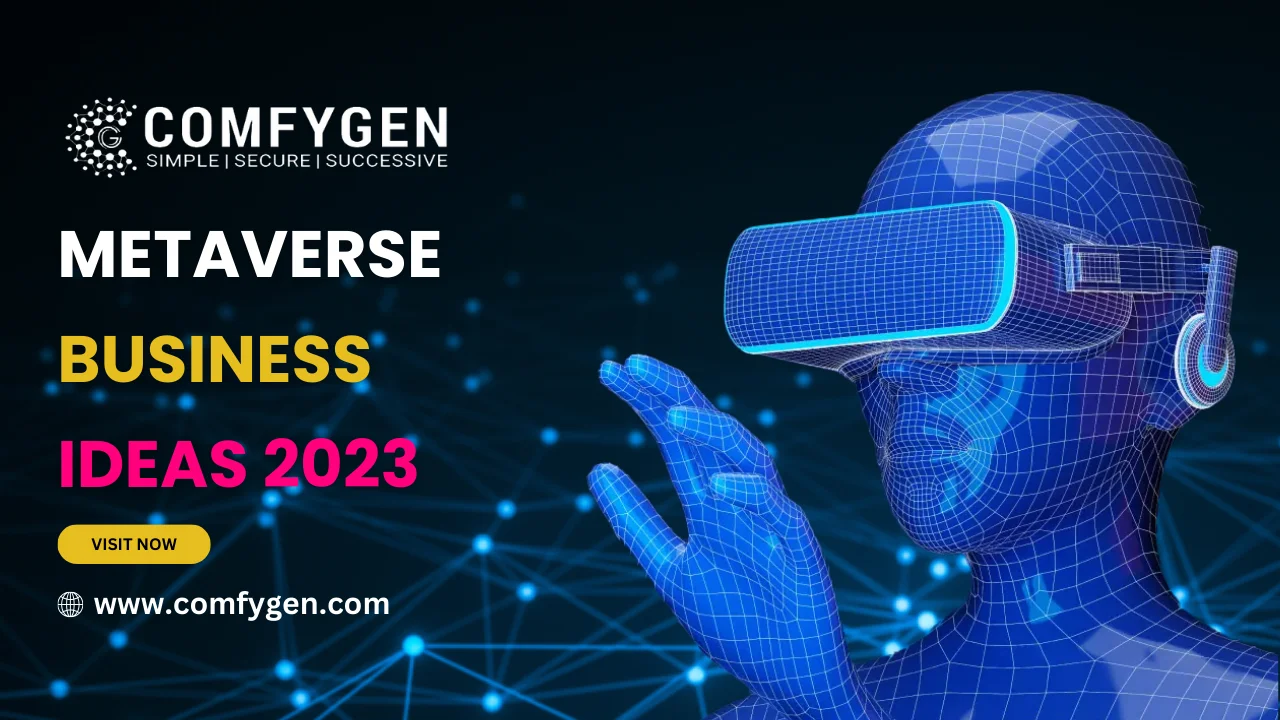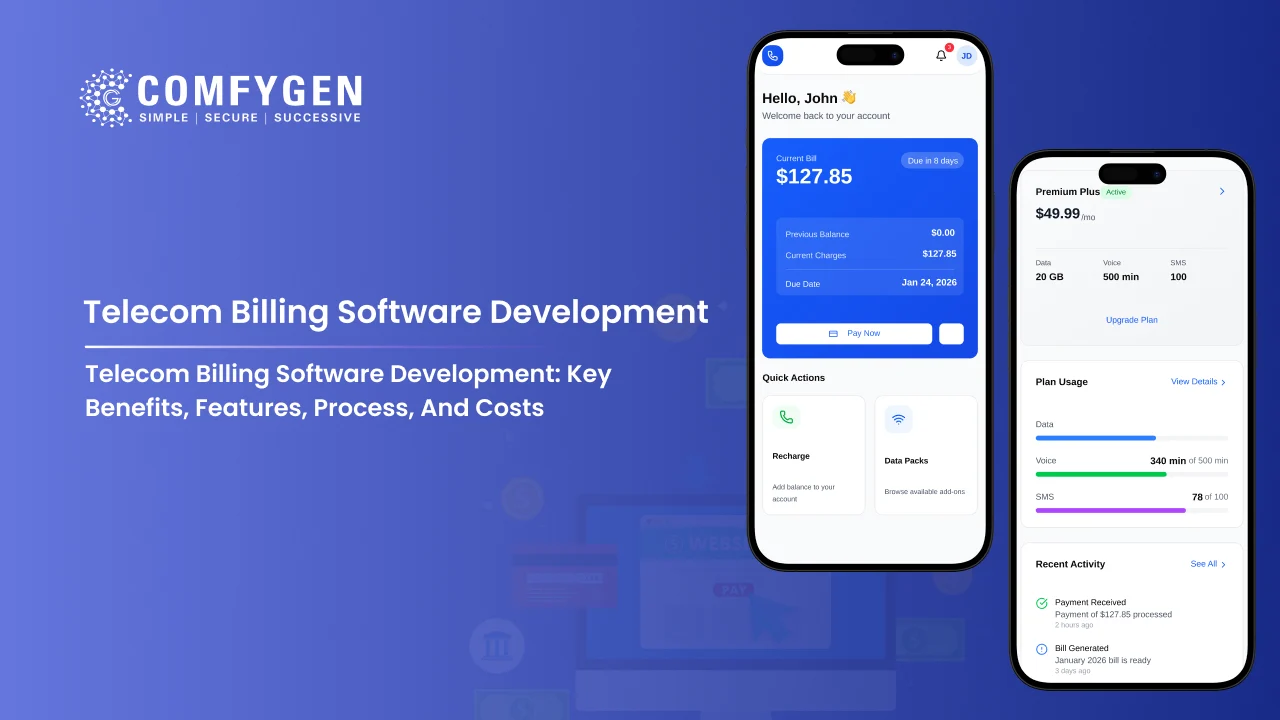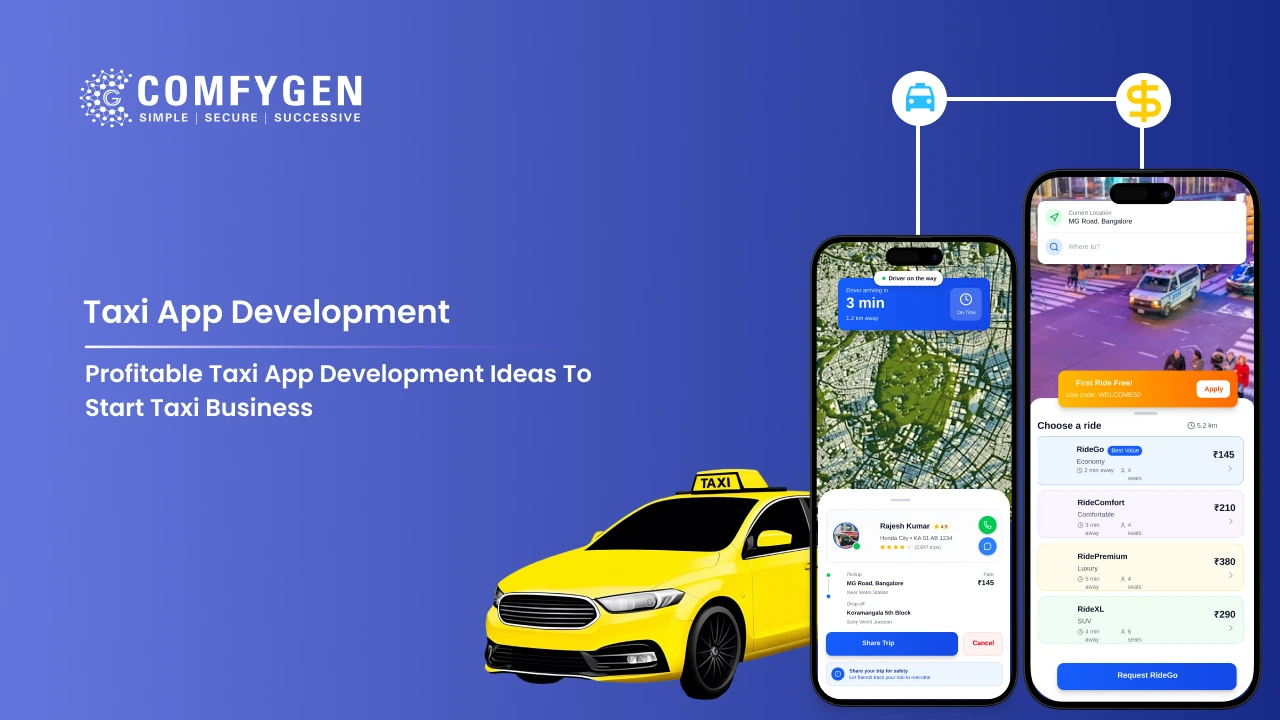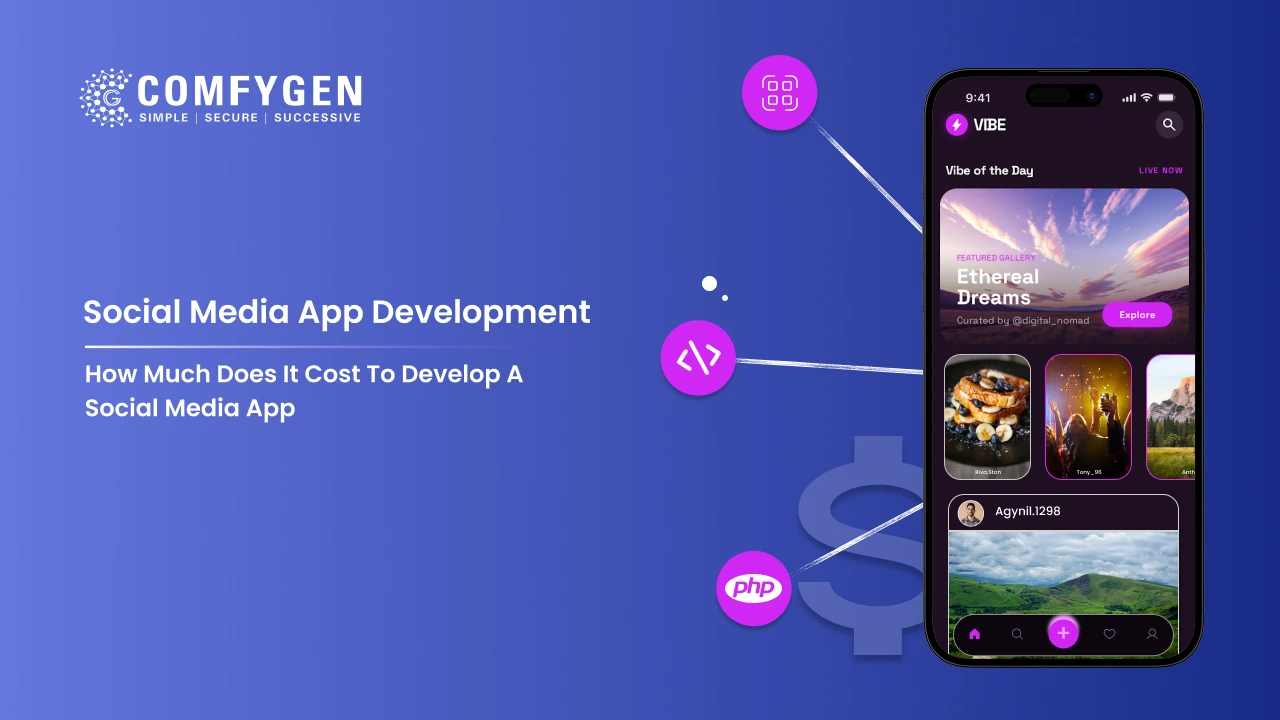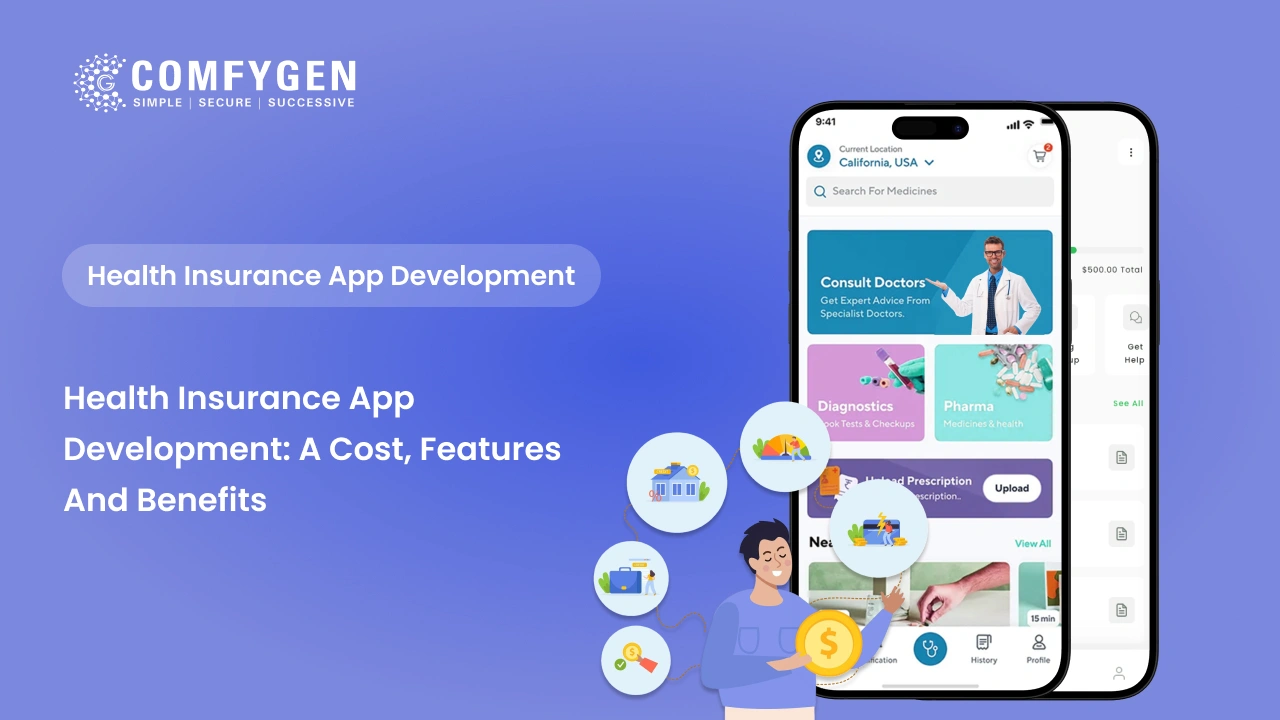Metaverse Business Ideas 2023 and Beyond You Need To Know
In the rapidly evolving landscape of the metaverse in 2023 and beyond, innovative business ideas abound. Virtual event planning and hosting could thrive, creating immersive conferences and gatherings. Metaverse fashion design, offering virtual clothing and accessories for avatars, is promising. Metaverse education platforms might revolutionize remote learning. Virtual real estate agencies may help users navigate digital property markets. NFT art galleries within the metaverse could provide unique art experiences. Metaverse tourism agencies could offer virtual travel adventures. These business ideas capitalize on the growing metaverse trend, catering to the increasing demand for immersive, interactive, and diverse digital experiences.
Introduction to the Metaverse
The Metaverse is a virtual universe that goes beyond conventional online experiences; it is a massive, linked area where users may engage and socialize in a digital setting, and it is home to several connected 3D realms. Users may create artistic representations of themselves as avatars and participate in a range of activities, from socializing and shopping to learning and entertainment. The metaverse offers immersive and permanent experiences that obfuscate the boundaries between physical and virtual realities thanks to cutting-edge technologies like AI, blockchain, and spatial computing. As it progresses,
Definition and Concept of the Metaverse
The term “metaverse” refers to a huge and linked digital cosmos where physical and virtual worlds coexist without distinction; it is an extension of the Internet and includes immersive technologies such as augmented reality (AR), virtual reality (VR), and others. Users can communicate with avatars, access virtual markets, and encounter a hybrid of physical and digital worlds in the metaverse. The idea proposes a multidimensional environment made up of internet platforms, simulations, and virtual worlds. The metaverse has the ability to transform how we perceive and relate to digital interactions, locations, and experiences as technology develops. It also has promise for gaming, education, entertainment, commerce, and much more.
Historical Development and Background
It was initially conceived in the 1990s and is influenced by science fiction. MUDs and Second Life, two early examples of online worlds, set the stage for user interaction and innovation. Pokémon Go and other augmented reality games, as well as virtual reality systems like Oculus, gave the metaverse a boost. Tech goliaths put a lot of money in. Decentralized metaverse systems were inspired by blockchain development principles. As of 2021, interoperability, sharing economies, and ethical issues were the main topics of discussion on the metaverse. Its historical development illustrates the transition from basic online environments to intricately networked virtual worlds, providing previously unimaginable opportunities for people to interact, collaborate, and have fun online.
Get Free Demo For Metaverse Development
The Potential of the Metaverse for Businesses
Businesses have a lot to gain from the metaverse’s revolutionary changes in client interaction, teamwork, and commerce. where businesses can conduct events, provide distinctive brand experiences, and more. Deeper customer interactions, tailored marketing, and data-driven insights are made possible by this environment, which promotes customer loyalty and boosts sales. Collaboration in the metaverse transcends geographical borders and boosts output and innovation. New channels for e-commerce are made possible by virtual shops and marketplaces. Businesses must, however, address the issues of privacy, security, and digital equity. Early adopters have the chance to acquire a competitive edge, reinvent consumer interactions, and influence the future look of the digital economy as the metaverse develops.
Exploring the Opportunities and Benefits of the Metaverse
With a variety of potential and advantages, the Metaverse provides a transformational digital environment by fusing augmented reality with virtual reality. Global connectedness is promoted by collaboration and communication that cut across geographical boundaries. In terms of the economy, the Metaverse creates new sectors, including online commerce, content development, and virtual real estate. Training programs and educational simulations have improved in appeal and accessibility. Its capacity to transform industries and alter daily lives is obvious. Harnessing its full potential for a more connected, mobile application future will require the adoption of a legal framework, assuring inclusiveness, and resolving ethical issues.
How the Metaverse can Transform Industries
A networked virtual environment called the Metaverse has the power to completely transform several sectors. It can give immersive experiences spanning games, movies, and live events in the entertainment industry, obfuscating the lines between the actual world and the virtual one. Through an interactive 3D learning environment, education may be made more interesting. Consequently, productivity will rise. Telemedicine may be used in healthcare settings all throughout a person’s life. Richer social contacts can lead to better relationships and communication. Urban design can be modeled after architectural forms. But issues like privacy, security, and equitable access must be resolved. The metaverse has the ability to fundamentally alter how we live, work, play, and consume.
Metaverse Business Models
Metaverse business models encompass various strategies for monetizing virtual environments. These models include virtual real estate, where companies buy, sell, or lease digital land for development and commerce. Content creation and the sale of virtual goods and services within the metaverse, like clothing, digital art, or entertainment, generate substantial revenue. Additionally, subscription-based access to exclusive metaverse experiences and advertising opportunities within these virtual spaces offer lucrative income streams. Gaming, social interaction, and immersive experiences are key drivers, as companies seek to capitalize on the growing metaverse trend, forging new ways to engage users and generate profits in this evolving digital frontier.
Overview of Different Business Models in the Metaverse
There are many changing business models in the metaverse. The metaverse’s social networks frequently employ a freemium business model, providing free basic access while charging for more features, virtual products, and complex experiences. Through content monetization, people may produce and sell digital works while making money through tips, membership fees, or royalties. This is how the creative economy grows. where users may buy accessories and virtual goods. Brands also participate in experiential marketing, sponsoring large-scale events at branded locations. Blockchain technology and interoperability bring about the ownership of virtual assets, facilitating marketplaces and commerce. the metaverse’s development.
Examples of Successful Metaverse Business Ventures:
- Digital Accessories and Clothing:
Fashion companies with roots in the metaverse, such as RTFKT Studios, create and market virtual avatar clothing, footwear, and accessories. - Virtual Conferences and Events:
Companies like Roblox have successfully organized virtual concerts and conferences that drew millions of attendees. - Marketplace NFT:
Platforms like Open Sea offer a market for buying and selling non fungible tokens (NFTs),allowing artists to monetize their original digital commodities and works of art. - Virtual Social Platforms:
VRChat and Rec Rooms are two examples of social spaces that allow users to engage, produce content, and form communities. - Integration of Brands and Virtual Advertising:
Brands collaborate with metaverse platforms to interact with their target consumers through in-game product placement, advertising, and virtual experiences.
Key Technologies and Platforms in the Metaverse
The metaverse, a shared virtual environment fusing the physical and digital worlds, is dependent on a number of important technologies and platforms. Experiences that are immersive are produced via spatial computing employing AR and VR. Through smart contracts, decentralized systems like Ethereum enable metaverse creation and interoperability. User experiences are customized by AI-powered personalization, and 5G offers seamless connections for in-the-moment communications. Virtual worlds are created by game engines like Unreal and Unity. Similar to web browsers, metaverse browsers open doors to a variety of experiences.
Virtual Reality (VR) and Augmented Reality (AR) Technologies
Immersive technologies include virtual reality (VR) and augmented reality (AR). Utilizing equipment, VR generates entirely artificial surroundings that transport people into virtual worlds. On the other hand, augmented reality (AR) adds interactive digital features to the physical environment by superimposing digital data on it. Applications for AR include navigation, teaching, and industrial maintenance. VR and AR have a big influence on the business, education, healthcare, and entertainment industries. While VR offers complete immersion and removes people from their surroundings, AR combines digital and real-world experiences to deepen our comprehension of and interaction with the environment. These technologies are constantly changing the way we communicate, learn, and interact with the environment.
Leading Metaverse Platforms and Ecosystems
Digital environments that merge virtual and augmented realities with social interaction, business, and entertainment make up the major metaverse platforms and ecosystems, which are in a state of fast evolution.
- Facebook Horizon Workroom:- Created by Meta (formerly Facebook), it offers distant teams collaborative virtual workplaces.
- Roblox:- Roblox is a platform where users can make, share, and enjoy games and experiences with a focus on user-generated content.
- A Blockchain– A Blockchain-based virtual world called Decentraland allows people to own, develop, and make money from their own lands and inventions.
- Fortnite:- Fortnite is becoming into a destination for metaverse events and virtual experiences in addition to being a well-known battle royale game development.
- Second Life:- It continues to be a permanent, user-customizable virtual environment that advances the Metaverse concept.
Metaverse Applications Development and Use Cases
The metaverse, a collective virtual shared environment, provides a wide range of applications and use cases in several fields. Learning settings that are dynamic and interesting to students improve both online and experience learning. The Metaverse’s collaborative workspaces make it possible to collaborate remotely from all over the world. Personal avatars and shared experiences that go across geographical boundaries alter social interaction. Virtual events, concerts, and content consumption are all forms of entertainment. As these applications develop, the metaverse has the potential to fundamentally alter many facets of contemporary life, including how we socialize, study, work, and find entertainment.
Entertainment and Gaming in the Metaverse
The Metaverse provides an unprecedented arena for entertainment and gaming by blending virtual and physical experiences. Thereby blurring the line between fiction and reality. Through VR/AR technologies, individuals can participate in immersive gaming experiences that foster an unparalleled level of engagement, from lifelike simulations to fantasy adventures. Including virtual concerts, art galleries, theater performances and social gatherings Virtual economies flourish as users trade virtual assets and experiences.
Virtual Events, Conferences, and Social Interactions
The way we communicate and connect has altered as a result of virtual events, conferences, and social interactions. With keynote speakers, workshops and webinars, live streaming, and interactive sessions delivered through virtual reality settings, virtual events imitate regular conferences. By removing geographical restrictions, attendees may engage remotely, ask questions, and exchange ideas. Additionally, social connections have moved online, where users converse via video conversations, social media, and virtual hangouts. To fully realize the potential of these digital channels, it is essential to strike a balance between the advantages of virtual engagement and the authenticity of in-person interactions.
Monetization Strategies in the Metaverse
Monetization in the Metaverse involves various strategies to generate revenue within the virtual environment. Virtual real estate is a leading medium, which enables users to buy, sell and develop virtual land. Subscription models provide premium content and features for a recurring fee. Brands can engage through product placement, events and partnerships. Virtual experiences, such as concerts or conferences, sell tickets for exclusive access. Additionally, advertising and data monetization are potential avenues. As the metaverse evolves, hybrid models and innovative strategies will emerge that will shape the economic landscape of this vast digital realm. Shape the economic landscape of this vast digital sector.
Revenue Models in the Metaverse
The Metaverse’s revenue models cover a wide range of tactics for making money in virtual settings. These models consist of:-
- Online products and services:- Offering virtual experiences, events, and services, as well as the sale of digital goods including apparel, accessories, skins, and avatars.
- In-World Promotion:- Displaying advertisements or branded material in online environments, similar to advertising in real life.
- Virtual Events and Performances:- Hosting conferences, concerts, and other events that charge admission or participation fees.
- eSports and gaming:- Incorporating game components and eSports events into the Metaverse, making money through contests, sponsorships, and other means.
Opportunities for advertising and brand partnerships
Numerous options present themselves in the constantly changing world of advertising and brand alliances. Social media platforms provide tailored marketing for exact audience engagement thanks to their large user bases. Podcasts and streaming platforms offer chances for more in-depth storytelling and audience engagement. A brand experience may be dynamic and interesting thanks to emerging technology like augmented reality. E-commerce interfaces allow for easy shopping inside of ads. Brands are connected to social or environmental concerns through purpose-driven collaborations. For maximum effect, data-driven insights refine plans. For effective and long-lasting brand relationships, operating in this dynamic environment demands a strategic fusion of creativity, authenticity, and agility.
Challenges and Considerations for Metaverse Businesses
Businesses in the metaverse that operate in ubiquitous virtual environments must take various factors and obstacles into account. For continuing expansion, it is essential to build a solid digital economy with equitable monetization mechanisms, which calls for a careful balance to avoid exploitation. Legal issues arise when promoting user-generated material while upholding copyright and intellectual property rights. The metaverse causes the distinction between the real and the virtual to become increasingly hazy, raising ethical issues with regard to addiction, psychological health, and social isolation.
Ethical and privacy concerns
The growing use of technology in our lives has raised awareness of ethical and privacy issues. Individuals risk identity theft and illegal access due to growing data collecting, monitoring, and algorithmic decision making. As sensitive information may be utilized without permission for targeted advertising, financial fraud, or monitoring, this violates privacy. As automation affects employment, moral concerns surface, prompting inquiries about job loss and economic inequity. Stronger data protection legislation, transparent algorithms, equitable AI development, and increased public discourse on the ethical implications of developing technologies are all necessary to address these issues.
Technical hurdles and infrastructure requirements
There are several technological challenges and infrastructure needs in the creation of the metaverse, a linked digital reality. This makes it possible to provide a similar experience on all platforms. Immersive interactions require high-fidelity graphics that are driven by cutting-edge GPUs and rendering technology. Ultra-low latency networks, which depend on 5G/6G technology and edge computing to eliminate lag, are necessary for real-time communication. Vast virtual worlds might be populated with the assistance of procedural content production driven by AI. Technologies based on the semantic web make data indexing and retrieval efficient. But balancing these factors while addressing moral, legal, and societal issues is still difficult.
Future Outlook and Trends for the Metaverse
The metaverse’s development is being fueled by technological developments, therefore, its future seems bright. Enhancing immersive experiences with Virtual Reality (VR) and Augmented Reality (AR) are anticipated trends. It is anticipated that platforms and gadgets will become more interconnected, creating new business opportunities. Stronger laws and initiatives for diversity could be required as a result of this. In order to create a balanced and advantageous digital environment, coordination between technology firms, policy officials, and consumers will be crucial as the metaverse develops and its social, economic, and cultural ramifications become more apparent.
Predictions for the growth and evolution of the Metaverse
The metaverse is poised for rapid growth and development. In the coming years, we can expect the accelerated convergence of virtual reality, augmented reality, and the Internet. This growth will be driven by advances in technology, including more immersive VR/AR hardware, haptic feedback systems, and AI-powered virtual environments. Decentralized blockchain-based systems will likely underpin virtual economies, enabling users to own, trade, and monetize digital assets. However, challenges such as data privacy, digital security, and equal access must be addressed. As the Metaverse expands, its social, economic, and cultural implications will deepen, blurring the lines between physical and digital existence.
Emerging Business Opportunities
The networked virtual universe known as the Metaverse offers a wide range of new business options. Immersive gaming, virtual concerts, and interactive storytelling are all areas of entertainment that are prime for innovation. Virtual classrooms might be used in education, broadening the scope of learning. Marketing and advertising may provide new opportunities for brand interaction and product placement. The business environment could change as a result of collaborative technologies for remote work in the metaverse. Businesses have an extraordinary chance to create new income sources, rethink consumer involvement, and push the limits of creativity and technology as this digital world develops.
Why Choose Comfygen for a Metaverse Development Company
When it comes to selecting the perfect partner for your metaverse development Industry, Comfygen emerges as the clear frontrunner. With an impressive track record and a commitment to excellence, Comfygen stands out as the ultimate choice for turning your metaverse dreams into reality.
One of Comfygen Private Limited standout qualities is its unparalleled expertise in the metaverse domain. Their team of seasoned professionals possesses an in-depth understanding of the metaverse intricacies, ensuring that your project benefits from the most advanced and up-to-date knowledge available.
What truly sets Comfygen apart is its unwavering dedication to staying at the cutting-edge of metaverse development technology. In a rapidly evolving digital landscape, you can count on Comfygen to provide innovative & Immerse solutions that will keep your project ahead of the curve. Customization is another cornerstone of Comfygen’s approach. They recognize that each metaverse project is unique, tailoring their services to precisely meet your specific requirements and vision. This bespoke approach ensures that your metaverse development experience is a true reflection of your business goals and aspirations.
Moreover, Comfygen commitment to security and privacy is second to none. In a worldwide where data protection is paramount, they prioritize safeguarding user data, fostering trust and credibility for your metaverse development environment.
Comfygen doesn’t stop at delivering a functional metaverse – they focus on creating an immersive, user-centric design that captivates and retains users. Their dedication to affordability ensures that top-tier Metaverse Development Company is accessible to a wide range of clients. With a proven track record, continuous support, and an innate drive for innovation and creativity, Comfygen offers everything you need to succeed in the metaverse development company landscape. In summary, choosing Comfygen means choosing excellence, innovation, and a partner that is truly invested in turning your metaverse dreams into a remarkable reality.
Conclusion
Users may create artistic representations of themselves as avatars and participate in a range of activities, from socializing and shopping to learning and entertainment. Tech goliaths put a lot of money into Decentralized metaverse systems were inspired by blockchain principles.lobal connectedness is promoted by collaboration and communication that cut across geographical boundaries. Through content monetization, people may produce and sell digital works while making money through tips, membership fees, or royalties. Applications for AR include navigation, teaching, and industrial maintenance. Monetization in the Metaverse involves various strategies to generate revenue within the virtual environment.

Mr. Saddam Husen, (CTO)
Mr. Saddam Husen, CTO at Comfygen, is a renowned Blockchain expert and IT consultant with extensive experience in blockchain development, crypto wallets, DeFi, ICOs, and smart contracts. Passionate about digital transformation, he helps businesses harness blockchain technology’s potential, driving innovation and enhancing IT infrastructure for global success.

